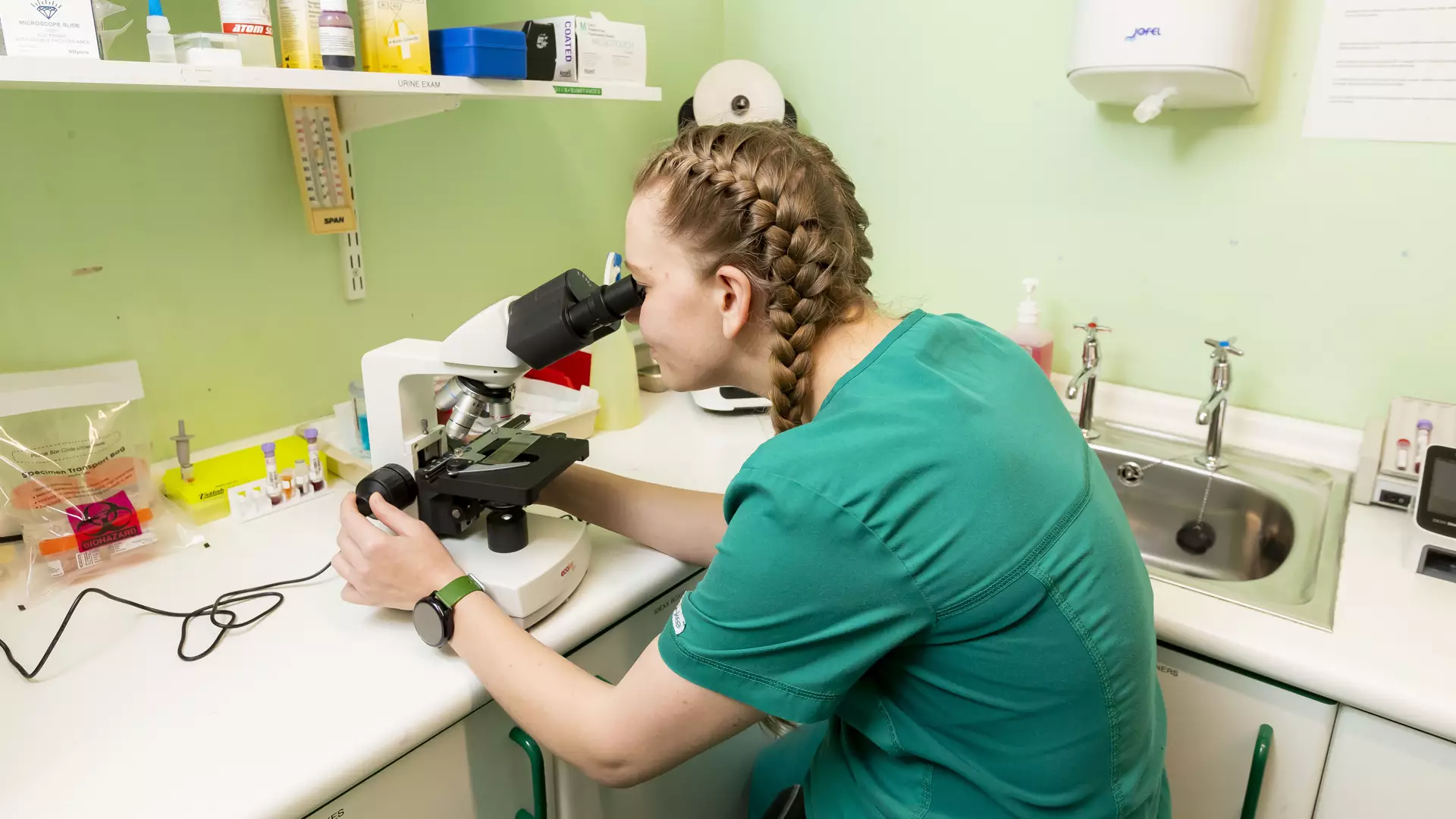Our Vet Services & Prices
At Robson Vets in Scotland, we provide affordable and transparent vet services. Our vet price list covers consultation fees, emergency vet prices, surgery costs, and more for dogs, cats, and exotic pets. Trust us for competitive, no-hidden-cost pricing and low-cost vet clinics.

*Specialist, referral, or out-of-hours consultations, are not included. Consultation fees associated with administering injections for chronic conditions are not included but discounted for PHC Plus members. Fair usage policy terms and conditions apply. For further details please See Terms of Sale here.